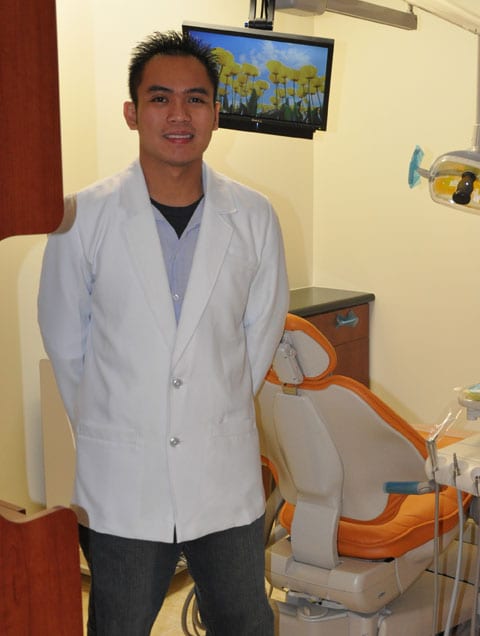Organ transplantation has brought many advancements to medical care, improving the outcomes for those with organ failure. Due to advanced surgical techniques and immunosuppressive therapies, there has been a higher success rate for transplants than ever before. However, when it comes to care for transplant patients, dental care should be noticed. Research has revealed that oral diseases are prevalent among transplant recipients, affecting about 50 percent of people, which creates a huge gap overlooking the potential risks that oral diseases can cause to transplant patients. Because of this, we’re here to provide a short guide on what patients should do to prioritize their oral health.
Why Transplant Patients Should Prioritize Their Oral Health
While there are no standard practices in the United States for getting a dental evaluation before a scheduled transplant, many studies have shown that addressing dental health problems prior to getting a transplant can increase the overall success rate of the procedure. This is because untreated dental and gum diseases have been closely associated with poor transplant outcomes, as these diseases can trigger immune system responses and increase inflammation throughout the body.
Dental hygiene is highly important, especially in the context of transplant patients. If you’re looking to find ways to minimize your risks with an upcoming transplant, we highly recommend these pre-transplant guidelines:
- Dental Cleanings: Make sure to receive dental cleanings and oral exams at least twice a year. Schedule a visit with your dentist before your transplant surgery and discuss the outcomes of your surgery, and they can provide preventative and treatment options to improve your outcomes.
- Restorative Treatment: If you’re experiencing any oral health issues such as gum disease or tooth decay, then it’s essential to get those problems treated beforehand. This includes getting restorations, cleanings, and other treatment options to ensure you’re at your healthiest.
- Good Oral Hygiene: Brush and floss your teeth twice daily to reduce the risk of infections and other chronic conditions that could impact the success of your transplant surgery.
- Antibacterial Mouthwash: Another addition to your oral care routine that can help is incorporating mouthwash. Mouthwash can help reduce further bacteria in your mouth and reduce the risk of infections that stem from dental diseases.
By following these guidelines, you can maintain a more positive outlook for your transplant. Bacteria that cause tooth decay and gum disease can lead to a risk of endocarditis, a rare complication that causes infections in the heart valve after an organ transplant. Although the risk of developing this condition is low, some hospital exercise caution with this risk due to the potential side effects of antibiotics.
Seek a Full Oral Consultation at Superb Dental Care Today
Maintaining good oral hygiene is vital for anyone facing chronic disease. Addressing your oral health before any major surgery can help minimize complications related to immunosuppressive therapies. If you wish to learn more about managing your oral health when faced with chronic disease, then our team at Superb Dental Care can help. Located in Pasadena, CA, our team is here for all of your dental concerns. Call us at (626) 844-7778 to schedule an appointment with Dr. Reynaldo Barbon today.












